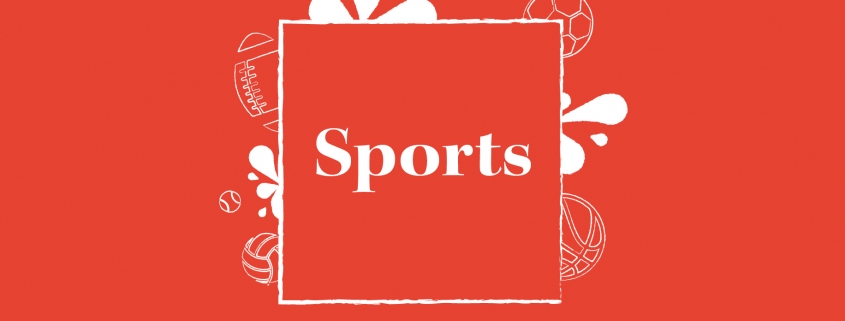Playing for Profit: Super League is the beginning of the end for domestic league soccer
I almost don’t even know where to start with this. Twelve of the top soccer clubs in Europe announced the formation of a “Super League” Sunday.
The competition will take place midweek, effectively replacing the UEFA Champions League, Europa League and eventually, domestic league football. The Super League will feature 20 teams; the 12 founding members, three clubs to be named later and five clubs who play their way into the tournament.
The 12 founding members, along with the three clubs to be named later, cannot be relegated from the league and gain automatic entry into the competition every year, regardless of performance in the competition or domestically.
The Super League features the top clubs from England, Spain and Italy, meaning the clubs in those countries left out of the competition will be at a massive disadvantage, both financially and in player recruitment. The most popular, and profitable, clubs in three of Europe’s top-five leagues have abandoned the traditional play-in model for European competition, where teams have to finish at certain spots in the standings to qualify for the UEFA Champions League and Europa League. The clubs involved in these tournaments changed every season, depending on results in domestic leagues across Europe. Now, the Champions and Europa League, tournaments that gave soccer fans some of the most iconic moments in the sports’ history, are being replaced by Super League.
Instead, the 12 founding clubs, among them Real Madrid, Manchester United and Juventus have chosen to lock themselves into automatic qualification as part of a new, elitist competition that effectively ends fair competition for the vast majority of clubs in England, Spain and Italy. Qualifying for the Super League will likely be all but impossible for lower-level clubs, and without any real incentive to chase fight for, clubs left out of the Super League will continue to lose fans, players and revenue. Almost every player will have aspirations of playing in the Super League, an opportunity only a small handful of teams will be able to offer.
The selection process for the Super League was hardly based on performance. Clubs such as Arsenal and Tottenham were selected despite finishing behind teams who were not selected for the Super League.
The elite clubs outside of Europe’s most popular five leagues, the same clubs that regularly beat clubs in the top five, will have little to fight for with their Champions and Europa League dreams, and ultimately the soul of the sport of soccer will being sacrificed in favor of profit.
Make no mistake, this decision is strictly about money. Fans oppose it. Former players oppose it. Managers oppose it.
It seems the only people that want this to happen are those who will financially benefit from it. And they also happen to be the people who make the decisions — the owners.
The owners and chairmen of these clubs, who make up the board of the Super League, will reel in unprecedented prize money as a result of its creation. It makes sense — almost all of the most popular and most talented soccer teams in the world in one tournament, consistently putting the best against the best, giving everyone involved with the sport what they want to see regardless of who qualifies for what.
But when we read in between the lines of where this is heading, we can see some very troubling signs. Who’s going to watch Burnley play Everton in the Premier League on a Monday night when they can watch Inter Milan play Liverpool in the Super League?
Even if the Super League members choose to and are allowed to remain in their domestic leagues, the quality of play will almost certainly diminish in the league. All eyes will be set on the Super League, where the glory and highest prize money will be up for grabs.
Why would Tottenham or Arsenal play their best team in a weekend Premier League game against Aston Villa when they’re playing FC Barcelona in the Super League midweek?
The formation of the Super League is great for the clubs with a seat at the table. It’s catastrophically bad for everyone else.
The founding clubs in the Super League will receive around $400 million for joining the competition, which is more than four times what Bayern Munich took home for winning the Champions League, Europe’s top prize in club soccer, last season.
The Super League clubs, the commercial juggernauts of the sport, those with a strong global fan base and brand, will benefit from record prize money and increased exposure. We likely won’t ever see another run like Leicester City’s historic 2015 title run. The gap in resources and appeal between top clubs and mid-level clubs has been widening for a while, but this only puts the nail in the coffin.
David Ramirez is a junior writing about the intersection of sports and business. He is also a sports editor at the Daily Trojan. His column “Playing for Profit” runs every other Tuesday.

